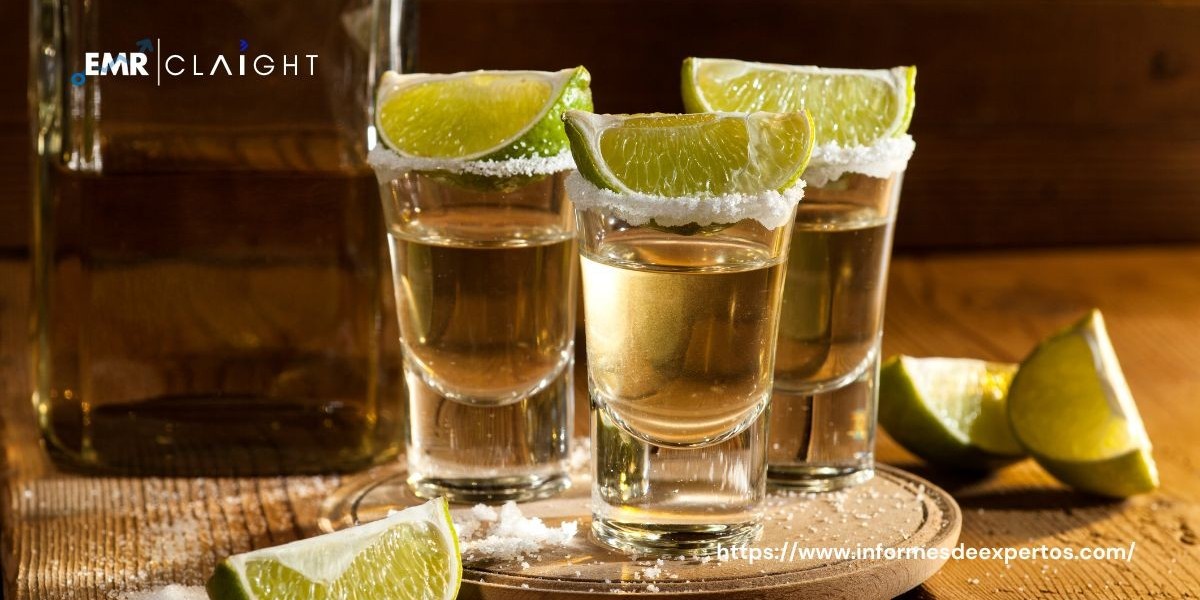The tequila market in Spain represents a significant segment of the country's alcoholic beverage industry, characterized by a growing consumer interest in premium spirits and cultural appreciation for Mexican heritage. Tequila, a distilled beverage made primarily from the blue agave plant (Agave tequilana), has gained popularity in Spain not only as a cocktail ingredient but also as a standalone drink enjoyed by aficionados and casual drinkers alike.
History and Production
Tequila production is tightly regulated by Mexican law, with the Denomination of Origin (DO) certification ensuring that tequila must originate from specific regions in Mexico, primarily in the state of Jalisco and designated areas of Guanajuato, Michoacán, Nayarit, and Tamaulipas. The production process involves harvesting the heart of the blue agave, known as the piña, which is then cooked, fermented, distilled, and aged to create different varieties of tequila, including blanco (unaged), reposado (aged up to one year), and añejo (aged one to three years).
Market Dynamics
The tequila market in Spain is influenced by several key factors:
- Consumer Trends: Increasing consumer awareness and appreciation for premium spirits and craft cocktails have contributed to the rise in tequila consumption. Millennials and younger demographics, in particular, have shown a preference for high-quality tequilas, driving demand for artisanal and small-batch varieties.
- Cultural Influence: Spanish consumers' fascination with Mexican culture, cuisine, and traditions has bolstered the popularity of tequila. Festivals, cultural events, and themed bars and restaurants often feature tequila tastings and promotions, further enhancing its market presence.
- Distribution Channels: Tequila is distributed through various channels in Spain, including specialty liquor stores, supermarkets, bars, and online platforms. The availability of a diverse range of tequila brands and expressions caters to different consumer preferences and occasions.
- Regulatory Environment: Compliance with European Union regulations and adherence to Mexican DO requirements ensure that tequila imported into Spain meets strict quality standards, reinforcing consumer confidence in the product's authenticity and origin.
Key Players and Brands
Several Mexican tequila brands have established a strong presence in the Spanish market, offering a range of tequila types and expressions to cater to diverse consumer tastes. Popular brands include Jose Cuervo, Patrón, Herradura, Don Julio, and Tequila Ocho, among others. These brands often collaborate with Spanish distributors and hospitality establishments to promote tequila culture through educational events, tastings, and mixology workshops.
Future Outlook
The future of the tequila market in Spain appears promising, with opportunities for growth driven by innovation in product development, marketing strategies that emphasize tequila's cultural and artisanal aspects, and increasing consumer demand for premium spirits. Continued collaboration between Mexican producers and Spanish importers, along with initiatives to educate consumers about tequila's heritage and versatility, is expected to further expand the market and diversify the product offerings.



